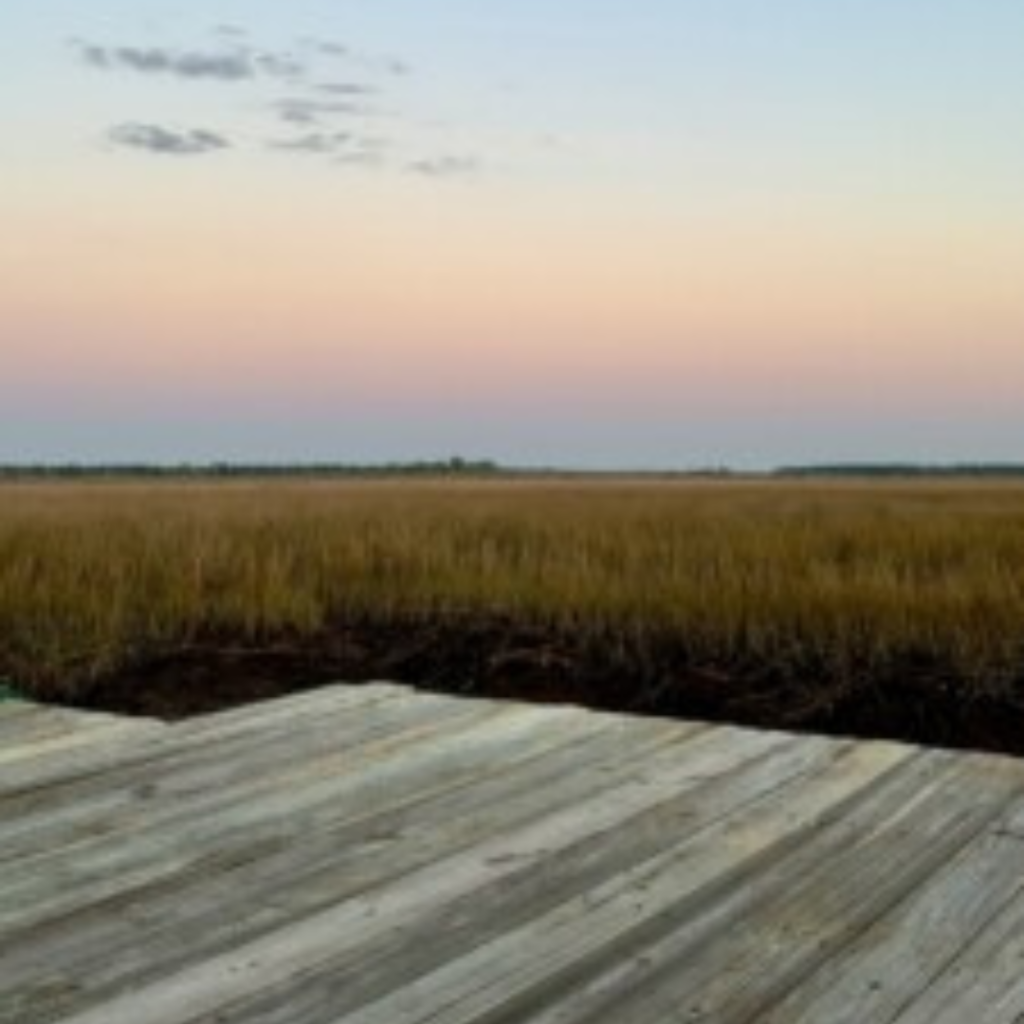Prospects for Brunswick
The economy depends heavily on international trade.
Brunswick’s economy tilts towards hospitality, leisure, logistics, retail and government. The economy depends heavily on international trade. The risk of local recession therefore is high, and job growth will slow even if the trade war and the federal government restructuring do not trigger a recession. More positively, Brunswick’s economic performance will benefit from its tilt towards domestic rather than international tourism, a large influx of new residents and recent investments at Sea Island, Jekyll Island and the Port of Brunswick.
Tariffs and cuts in federal spending are major challenges. Unless quickly and substantially reduced, tariffs on heavy equipment and automobiles and their parts will reduce roll-on/roll-off cargo at the Port of Brunswick. If the trade war triggers a U.S. recession, spending on travel will decline. Federal cuts could impact the Federal Law Enforcement Training Center, the area’s third largest employer. Brunswick’s economy is likely to follow the U.S. economy into recession. But if tariffs are substantially reversed, Brunswick will outperform the U.S. economy.
If a recession begins, Brunswick’s tourism industry should be more resilient than most and will benefit from its focus on domestic rather than international travelers. Similarly, the area’s focus on leisure over business travel will help blunt the impact of a recession. New renovations on Jekyll Island and Sea Island will continue to drive Brunswick’s tourism industry.
The migration of residents to the area will contribute to the area’s population and, in turn, economic growth. A trade-war recession will slow, but not stop, people from moving to Brunswick. Moves by retirees are likely to be more resilient to recessionary forces than moves by younger people, so migration trends will favor Brunswick.
Due to the Port of Brunswick, the city’s economy depends on trade and is sensitive to shifts in international trade policies and tariffs. Activity at the port, which specializes in roll-on/roll-off cargo, depends on trade in vehicles and equipment. A quick, substantial reduction in tariffs (especially on cars) is an upside possibility but higher tariffs are a risk to growth.
Once the trade war abates, the Georgia Ports Authority’s recent investments in port infrastructure will boost prospects for trade-based economic growth. The widening and realignment of the channel for ships that carry vehicles will allow the port to handle larger vessels and increased traffic, which is crucial because of Hyundai’s Metaplant in Bryan County. The addition of warehouse space and 122 acres of cargo storage will increase the port’s capacity. These improvements help the Port of Brunswick accommodate – and benefit from – breakbulk cargo diverted from the Port of Savannah, which is now an all-container operation. The GPA plans to add a fourth roll-on/roll-off berth to handle modern vessels that can carry 10,800 vehicles. These improvements in combination with rail and interstate access boost the potential for growth of port-dependent industries.
There is a significant aerospace sector in the Brunswick area. The pandemic and post-pandemic economic trends raised demand for private jets, which helped the industry, and, in turn, Brunswick’s economy, but tariffs and recent worsening of foreign relations diminish prospects for the industry.
Because Brunswick is small, one company’s actions can impact the area’s economic performance. For example, Buc-ee’s mega-travel center will create about 200 full-time jobs and bring in tourism dollars.
At the end of 2024, home prices in the Brunswick MSA were 76% above their pre-pandemic peak. On a year-over-year basis, home prices were up 9%. Homes are overvalued by conventional metrics, but fast-paced population growth, including an influx of retirees and part-time residents, will likely keep home prices from falling. Housing affordability in Brunswick closely tracks national and statewide trends and declined after the pandemic.
Population growth will support homebuilding activity. The long-term trend for Brunswick’s homebuilding industry is good. One reason home construction activity will increase over time is that newer homes are built to be more resilient to floods – an important consideration in the wake of the Flood Insurance Affordability Act of 2014. Housing-related employment accounts for 9% of the area’s total employment compared to 10% of U.S. employment.
Brunswick does not depend on international migration to any significant extent, so stricter enforcement of immigration laws will not slow population growth. Brunswick’s population skews older than that of the nation. Population growth boosts the many industries dependent on household spending. For example, the healthcare industry expands briskly as Brunswick’s population grows, which, in turn, makes Brunswick even more attractive to retirees and others. 
Jeffrey Humphreys is Director of the Selig Center for Economic Growth at the University of Georgia’s Terry College of Business.







